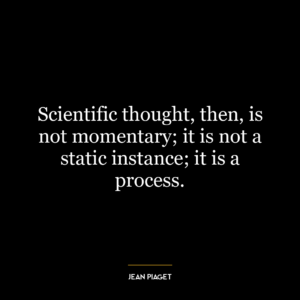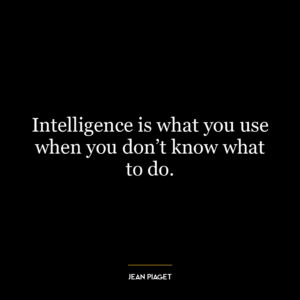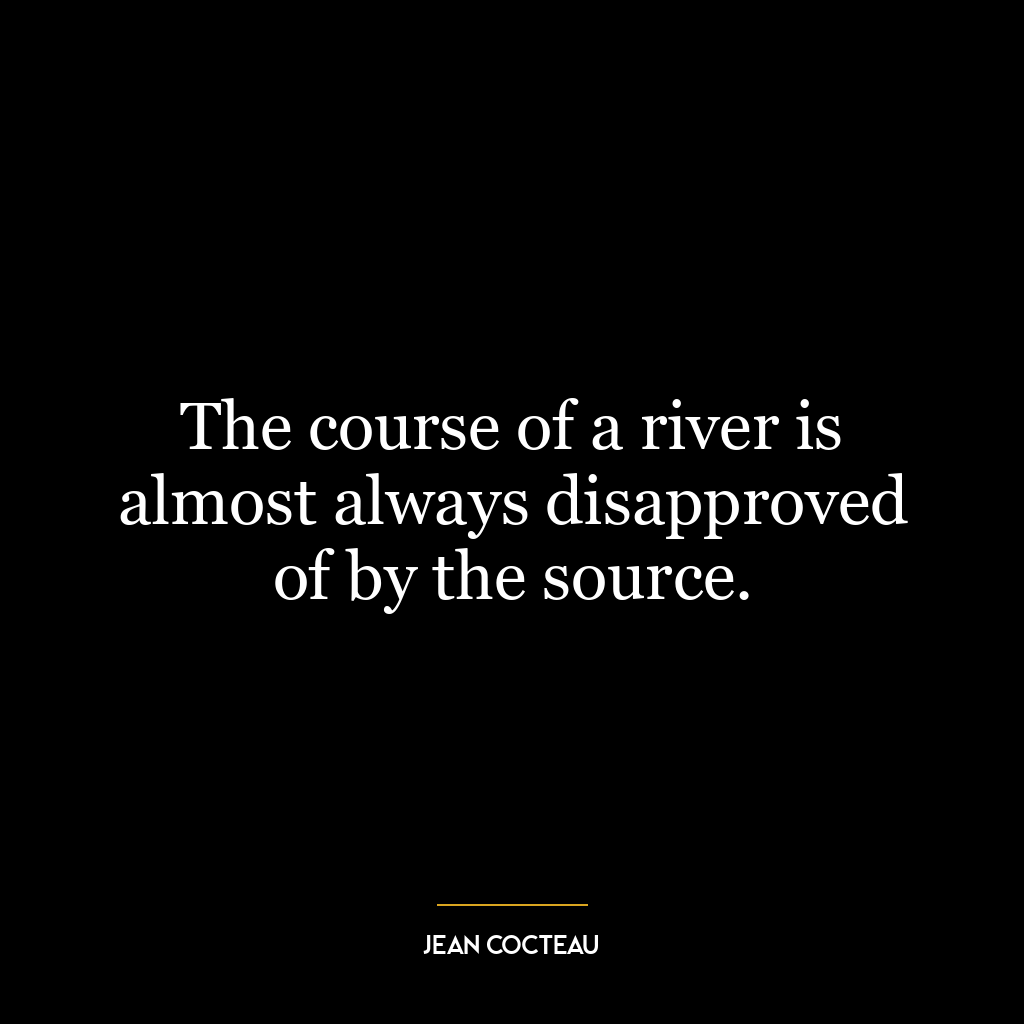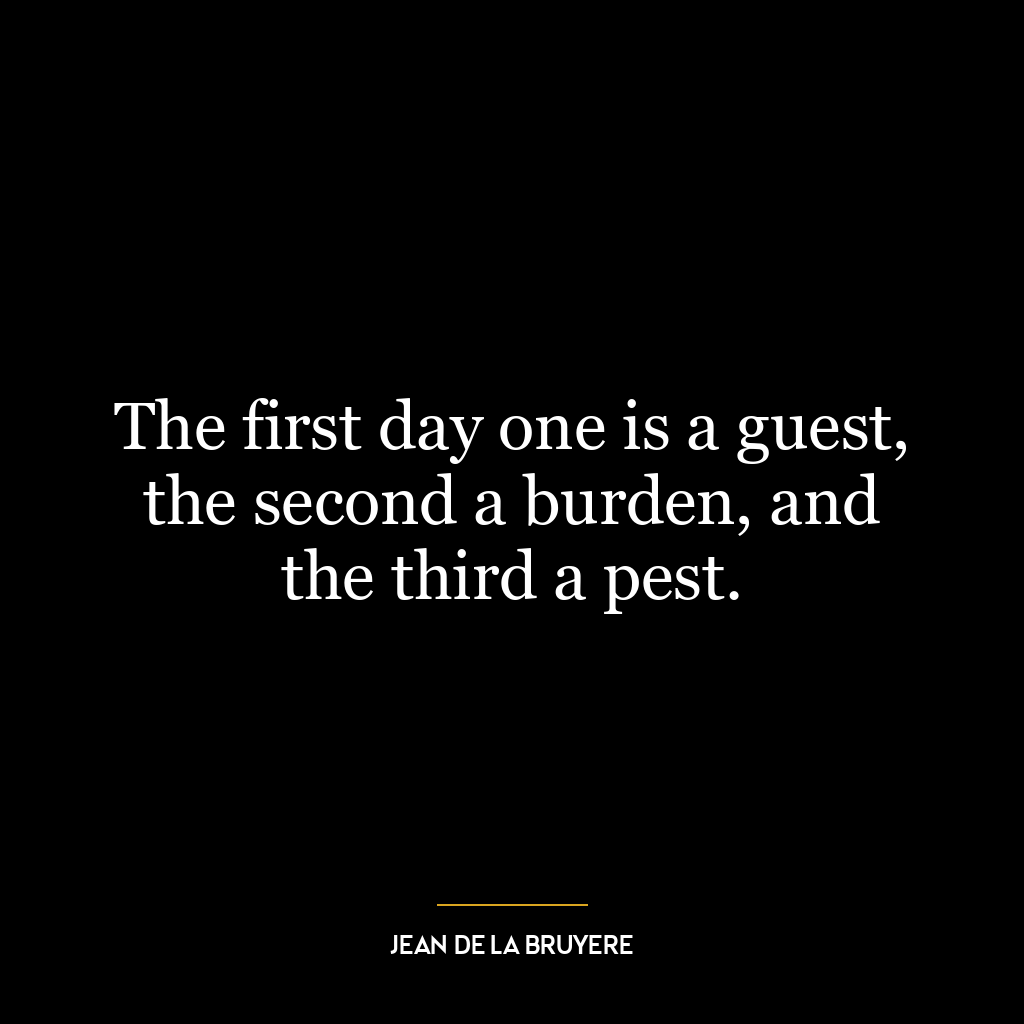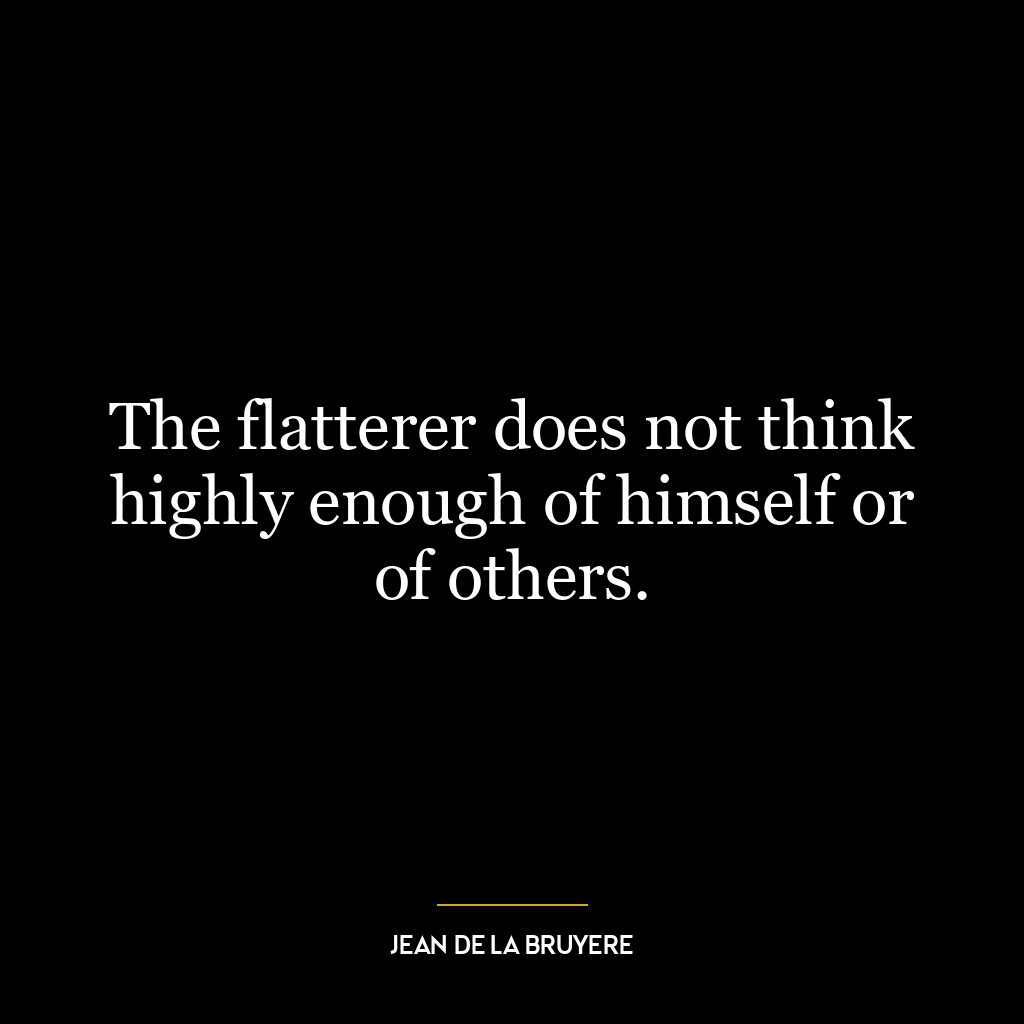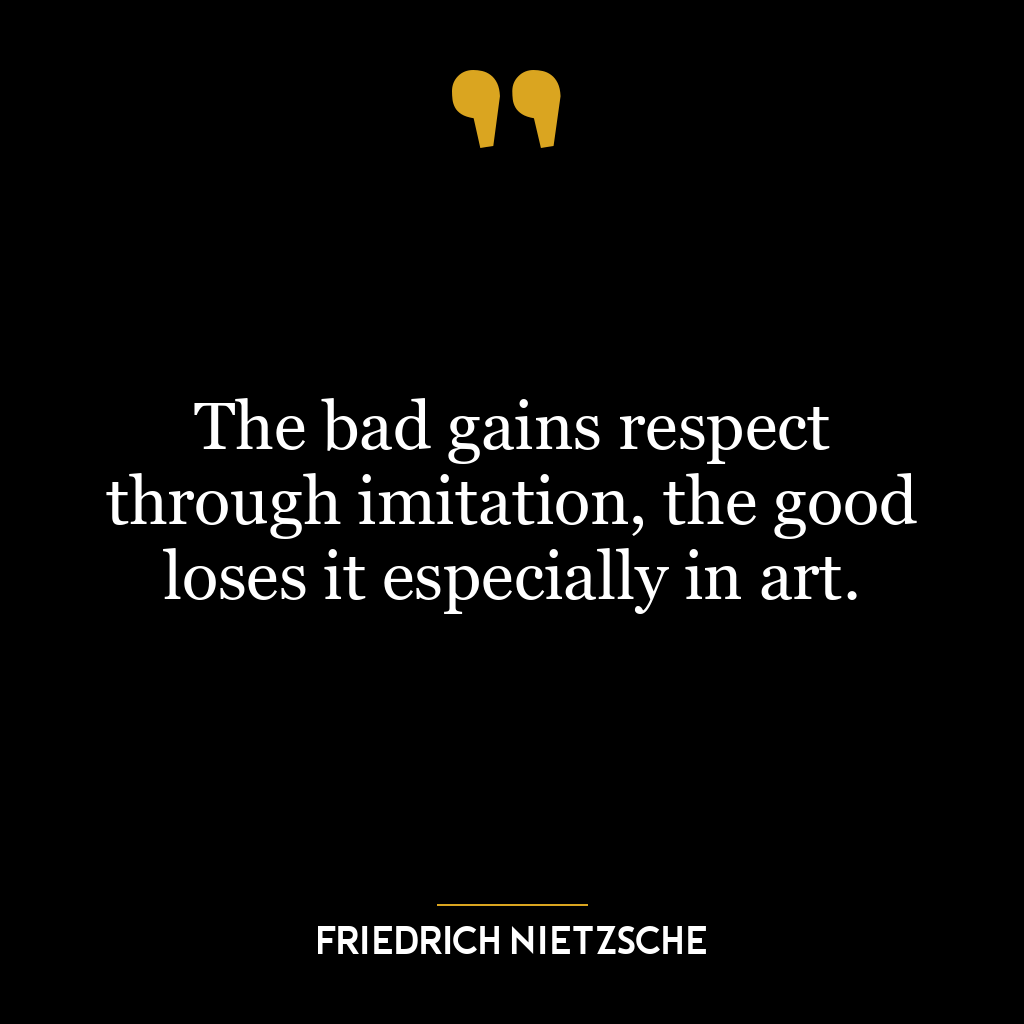This quote suggests that mutual respect, the kind where both parties hold each other in high regard, can often stem from unilateral respect, where only one party initially shows respect. However, this transition is not smooth or direct, but rather, it happens through opposition. This could mean that the process involves conflict, disagreement, or resistance.
In essence, the quote posits that respect isn’t always reciprocated immediately or easily. Instead, it may take a period of disagreement or conflict for the other party to recognize and appreciate the respect being shown to them. This opposition could be a catalyst for change, leading to mutual respect.
Applying this idea to personal development, it suggests that showing respect to others, even in the face of disagreement or conflict, can be a powerful tool for growth. It teaches patience, empathy, and the ability to maintain one’s dignity and values even when they are not immediately reciprocated. This approach can lead to deeper, more meaningful relationships built on mutual respect, as it allows the other party to recognize and appreciate the respect shown to them over time.
In today’s world, this idea is particularly relevant in the realm of social and political discourse. In an era of polarization and disagreement, maintaining respect for others’ viewpoints, even when they are starkly different from our own, can foster a more constructive dialogue. Instead of escalating conflicts, this approach can lead to greater understanding and eventually, mutual respect. It encourages us to see opposition not as a roadblock, but as an opportunity for growth and understanding.





